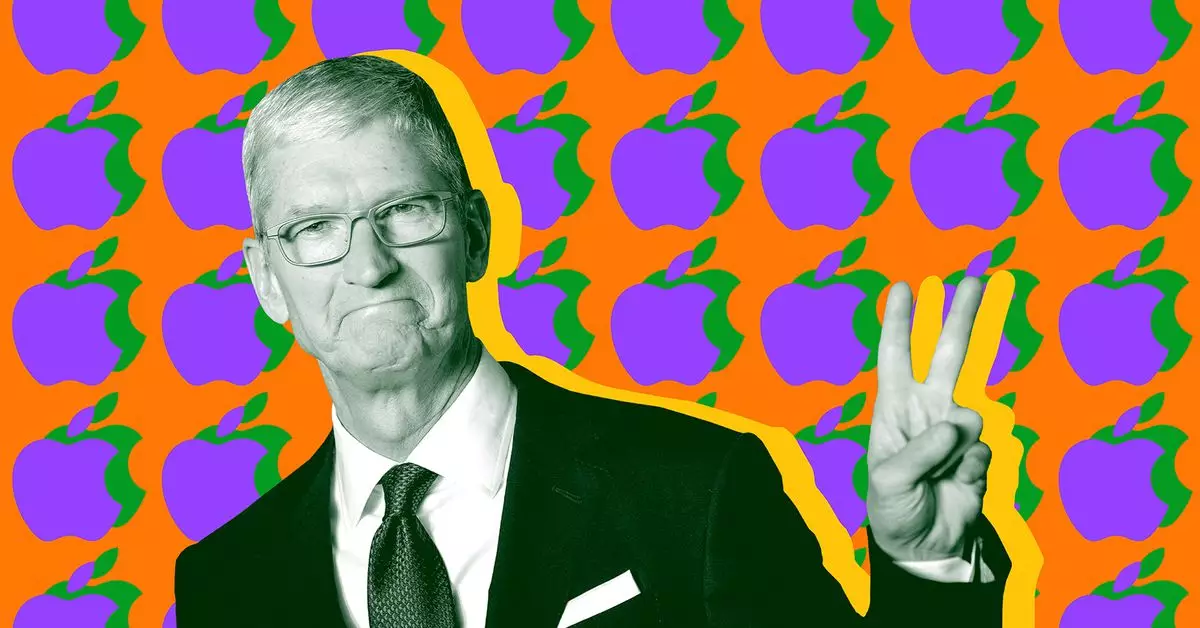In a remarkable convergence of business and politics, tech executives are stepping forward to financially back the inauguration of the President-elect, with notable contributions from some of the industry’s heavyweights. Among them, Apple CEO Tim Cook has made headlines with a substantial $1 million donation to the inauguration committee, mirroring the financial gestures of other influential figures such as OpenAI’s Sam Altman and Amazon’s founder, Jeff Bezos. This phenomenon underscores a growing trend where corporate leaders are not merely spectators in the political arena; they are actively engaging, potentially in an effort to foster favorable relations with the incoming administration.
These donations bring with them significant implications for both the tech industry and the political landscape. Cook’s substantial contribution suggests an intent to align Apple’s interests with those of the new administration. Historically, establishing a personal rapport has been a strategy employed by tech leaders to influence policy outcomes, especially in an era marked by increasing scrutiny of tech giants regarding regulation and privacy concerns. By investing in the inauguration, Cook is not only reinforcing his established connection with President Trump but is also signaling to other executives the value of political engagement.
Tim Cook’s relationship with Donald Trump is particularly interesting given its evolution. He has managed to maintain a dialogue with the President throughout his first term, which other tech executives observe as a template. Their interactions have included meetings at both Trump Tower and Mar-a-Lago, reflecting a level of access that can be beneficial for corporate interests. Reports indicate that Cook’s personal background as an Alabama native may influence his views on the importance of such a civic occasion, positioning his donation as a gesture of unity and support for presidential traditions.
The strategic nature of these contributions reveals much about the operational ethos within Silicon Valley. As companies like Apple navigate an increasingly complex regulatory environment, the role of political contributions may very well be perceived as a form of insurance against legislative challenges. By financially supporting the inauguration and, by extension, the administration, tech leaders like Cook are potentially positioning their companies to better handle future negotiations with the government.
Moreover, these collective philanthropic acts highlight a broader trend within the tech community where executives rally together, using their financial clout to influence governance. For example, both Cook and Musk have been seen at social functions with Trump, illustrating a concerted effort to cultivate a network of support among political leaders. While some might see this as a necessary method to engage with governmental processes, critics may argue that such actions further entrench the power dynamics that allow corporations to sway policy in their favor.
Tim Cook’s contribution to the inaugural committee is emblematic of a larger phenomenon within the tech industry—a strategic interplay between corporate interests and political influence. As these dynamics evolve, the ramifications for tech companies will continually unfold, making it essential for industry observers to closely monitor these interactions between technology and governance.

